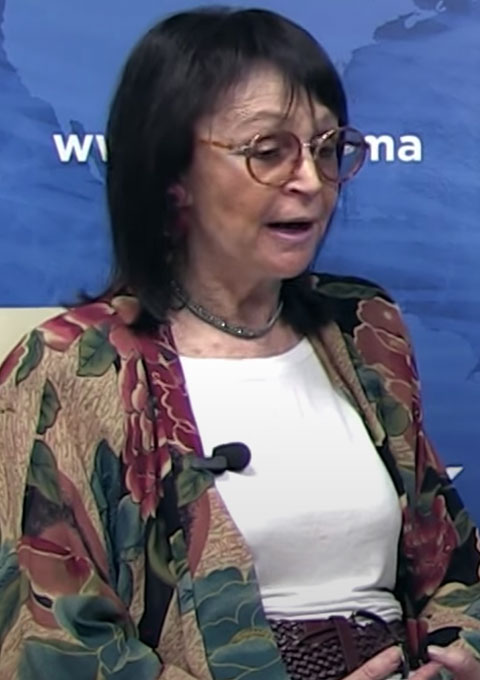In March 2023, the brutal demise of the Silicon Valley Bank (SVB) was the first to happen as a result of the hiking of interest rates that central banks started implementing from late 2021 onwards. Although the Federal Deposit Insurance Corporation (FDIC), a US government corporation providing insurance for bank deposits, was swift, thus contributing to reassure depositors and markets, the default of the 16th largest lender in the US following a bank run was hardly perceived as a good omen. SVB’s default came all the more as a shock as the bank was deeply connected to the heart of the technology, innovation-driven US capitalism, which accounted for the bulk of the bank’s clients and contributed to the booming growth it had experienced in the few years that preceded its failure.
Nevertheless, fears surrounding the financial sector’s health were not entirely tamed. US midsize banks were particularly scrutinized following a wave of withdrawals of deposits from customers, leading to the re-evaluation of their shares by investors. The fate of Crédit Suisse, a Zurich-based historic lender whose history goes back to the mid-19th century, and which was saved from bankruptcy by a massive, “shotgun” intervention of Swiss federal authorities, further fueled worries that the financial sector could be seriously harmed by the end of the “era of cheap money”. Many observers consider that the latter had fueled an “everything bubble” which could lead to potential serious consequences on an already strained global economy.
The response of policymakers – amongst them finance ministers and central bankers - in both advanced and emerging economies, their ability to act fast and in coordination with each other, and the possibility for them to balance two apparently contradicting goals – lowering inflation levels which have in recent months reached decades-high levels while maintaining a healthy financial system – are thus subject to question. In particular, the efficiency of instruments inherited from the 2008 financial crisis and the lessons drawn from the latter should also be meditated.
In a new webinar, the Policy Center for the New South offers to reflect on the stability of the global financial system in times of increased geopolitical stress and fragmentation. What happened to the SVB and Crédit Suisse? Can these two cases be considered as isolated and mostly resulting from peculiar, irresponsible management? How healthy are the global banking and financial systems? To what extent does geopolitics further stress them? How can policymakers contribute to their stability and what tools should be mobilized for that purpose?














